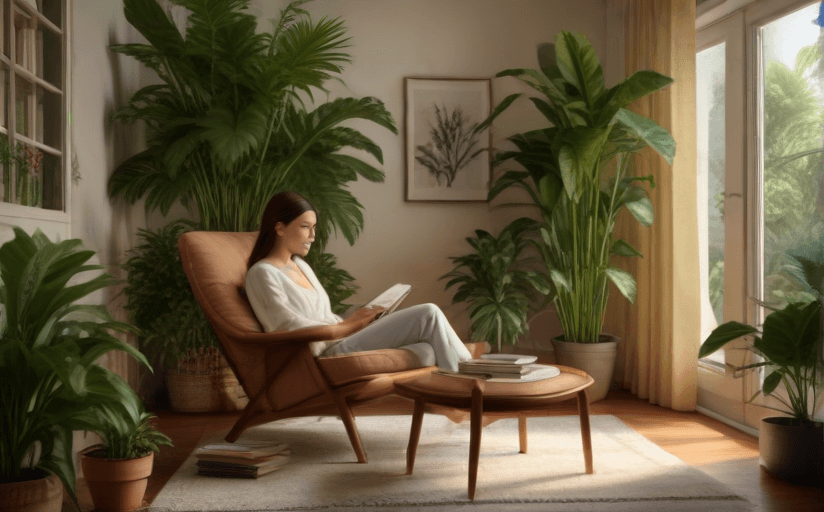The Impact of Indoor Plants on Mental Health: A Thorough Exploration
Wouldn’t it be wonderful if boosting your mood, enhancing concentration or relieving stress was as simple as incorporating indoor plants into your living and working spaces? Remarkably, a growing body of scientific evidence suggests that indoor foliage doesn't just improve the look of your home or office, but it can also significantly improve your mental health.
The Functional Role of Indoor Plants in Promoting Mental Health
Indoor plants can play a vital role in enhancing our psychological wellbeing. By bringing a piece of nature into our enclosed environments, plants can fulfill our inherent appeal for natural elements, known as biophilia. This engagement with nature can reduce stress, boost mood, enhance concentration and even purify the indoor air we breathe.
The Science Behind Plants and Improved Mental Health
Studies, including those conducted by NASA, have found certain indoor plants to be highly efficient at filtering and purifying the air, removing toxins and releasing oxygen, which potentially promotes better health and improved mood. Furthermore, a study from the University of Exeter found that office workers with plants in their workspace demonstrated a 15% boost in productivity due to enhanced concentration and improved air quality.
Along with purifying the air, plants also have an impact on our psychological wellbeing. Researchers at the University of Vermont found that indoor vegetation could reduce stress by lowering blood pressure and heart rate. Moreover, they found that interacting with indoor plants, such as watering them or repotting, can have therapeutic effects. This is a manifestation of the concept of biophilia – the innate human tendency to interact with nature.
Choosing The Right Indoor Plants
Not all indoor plants are created equal - some are better at boosting mood and purifying air. For purifying air, Spider plants, English Ivy, and Snake plants are exceptional choices. For a mood boost, flowers with bright blooms like Anthurium or African Violets can stimulate a positive psychological response. Additionally, aloe vera and lavender can have a calming effect, helping to reduce stress.
Integrating Plants into Living Spaces and Offices
To fully utilise the benefits of indoor plants, place them strategically around your living space or office. High traffic areas or spaces where you spend a significant amount of your day, such as the living room, bedroom or office cubicle, are optimal locations. A well-placed plant on the kitchen window sill or a large potted plant in the corner of your living room can enhance the beauty of your home while simultaneously providing psychological benefits.
Maintaining Indoor Plants
One of the fascinating aspects of owning indoor plants is tending to their needs, which in itself has been found to be therapeutic. Each type of plant has specific light, temperature, and watering requirements. Familiarising yourself with the care instructions for each plant, creating a watering schedule and understanding when and how to prune your plants can provide a sense of routine and responsibility, resulting in a calming and therapeutic routine.
In conclusion, introducing indoor plants into our everyday environment can be a simple yet effective way to improve our mental health. So, why not add a little greenery to your life today and watch your quality of life blossom?

















Comments
Leave a Comment